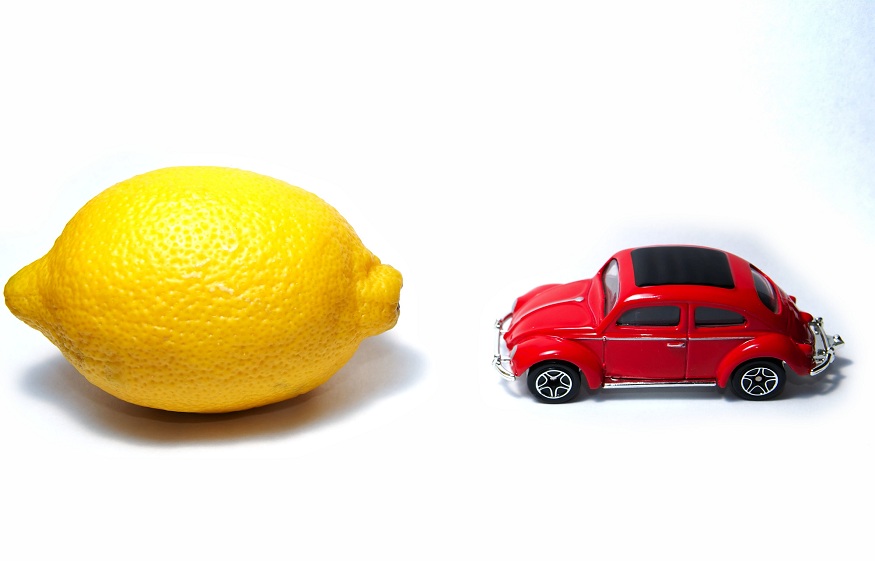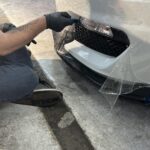Lemon law is a legal term that refers to the practice of buying and selling goods that are deemed defective or unsatisfactory. This practice became popular in the U.S. during the 1970s when cars were being manufactured with defects. Since then, several states have enacted statutes allowing consumers to file lawsuits against manufacturers for defective goods and get their money back, or at least part of it.
What Does Lemon Law Cover?

The laws governing lemon laws differ from one state to another and sometimes even from county to county within a state. However, most lemon laws,including Pennsylvania lemon law, provide some form of consumer protection against companies who refuse to make good on product warranties they sold you when you purchased your goods. These laws also provide an avenue through which consumers can receive compensation for their losses if their products fail under normal use, not just after the warranty period expires.
Lemon laws typically apply only to new cars. However, many states are considering extending their coverage to include used cars as well, so long as they were purchased within the previous three years and the car has been owned by its original owner for at least two years.
Common Lemon Law Requirements
Lemon law laws vary from state to state but generally include three main requirements:
- The vehicle must have been purchased through an authorized dealer, not an individual seller, and it must have been titled in your name.
- The vehicle must have been registered in your name and Nickname with the DMV or similar government agency within six months of purchase.
- You must prove that your vehicle is currently not up to standard regulations as set forth by the manufacturer.
When Can Your Lemon Law Claim Be Denied?
The most common reasons for denial of your lemon law claim are:
- You did not make any effort to repair the vehicle. The lemon law requires that you have attempted at least two repairs without being successful. If there were three attempts at repairs and all of them failed, then you can submit a lemon law claim after the fourth attempt.
- The repairs you made were not substantial enough to warrant a replacement vehicle. You must show that your repairs were more extensive than those performed by the manufacturer or dealer for their own vehicles for your claim to be valid.
A lemon law attorney can help you determine if you have grounds for legal action against the manufacturer of your defective car. If so, they can prepare your case and help you file a lawsuit.
Bottom line
If you have been injured by a lemon car, you may file a lemon law claim against the manufacturer or dealership. For example, if your vehicle keeps breaking down after only a few months, there’s probably something wrong with it. If the dealership refuses to fix it, you can file a lemon law case against them.
The purpose of the lemon law is to protect consumers from bad products. The Lemon Law prohibits manufacturers from making misleading advertising claims about their products. It also allows potential buyers to cancel contracts within three days without penalty or charge.









Leave a Reply
You must be logged in to post a comment.